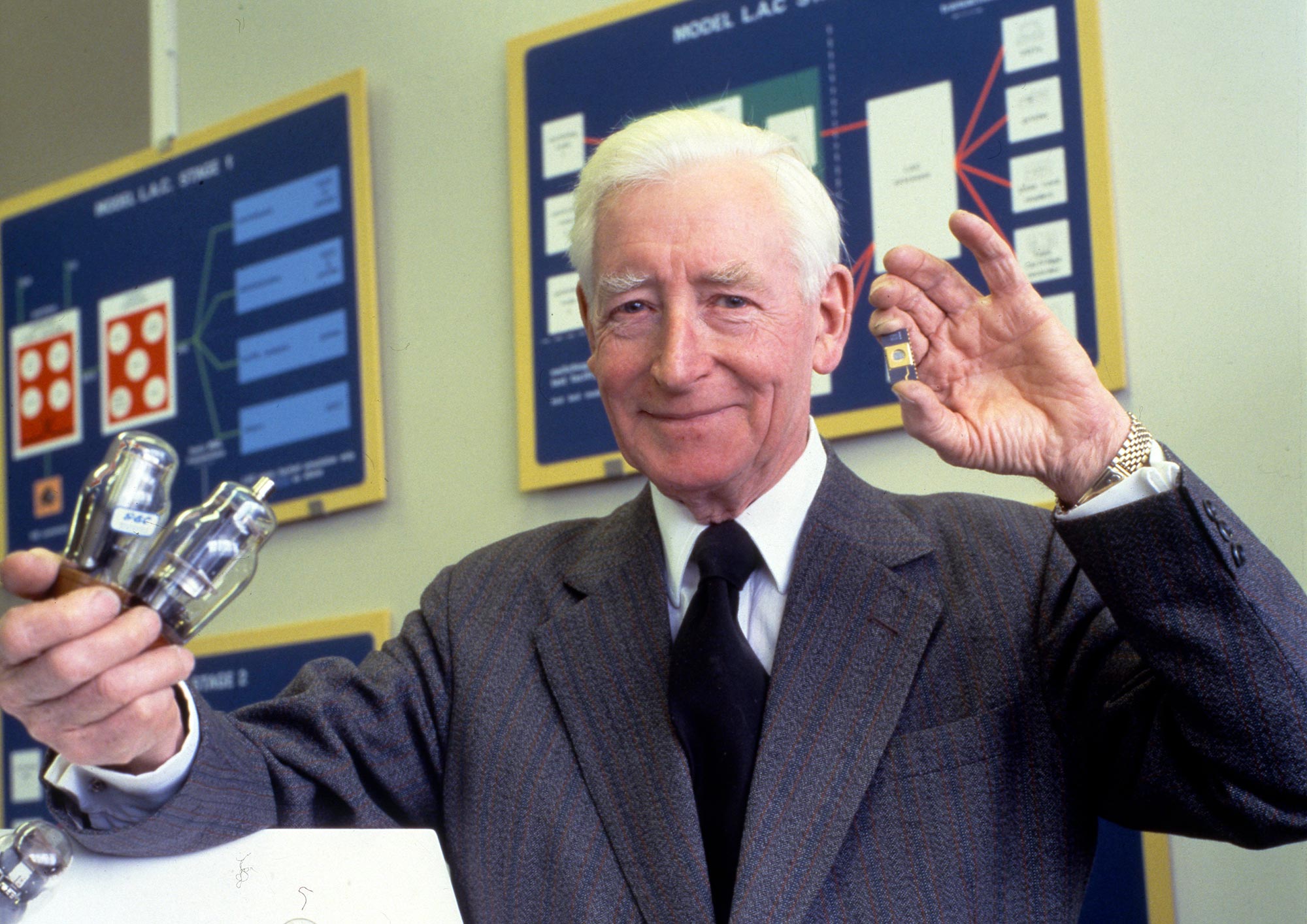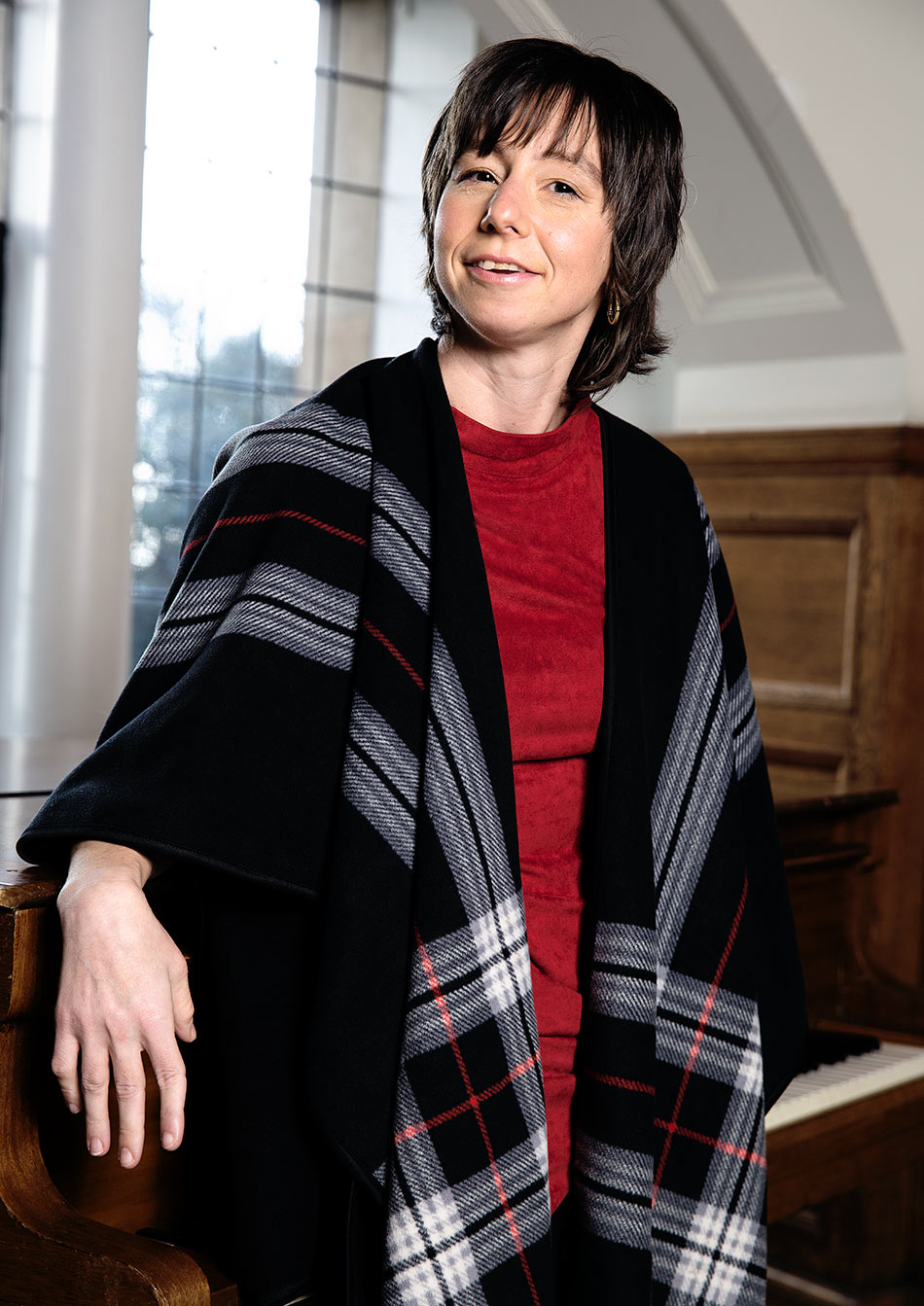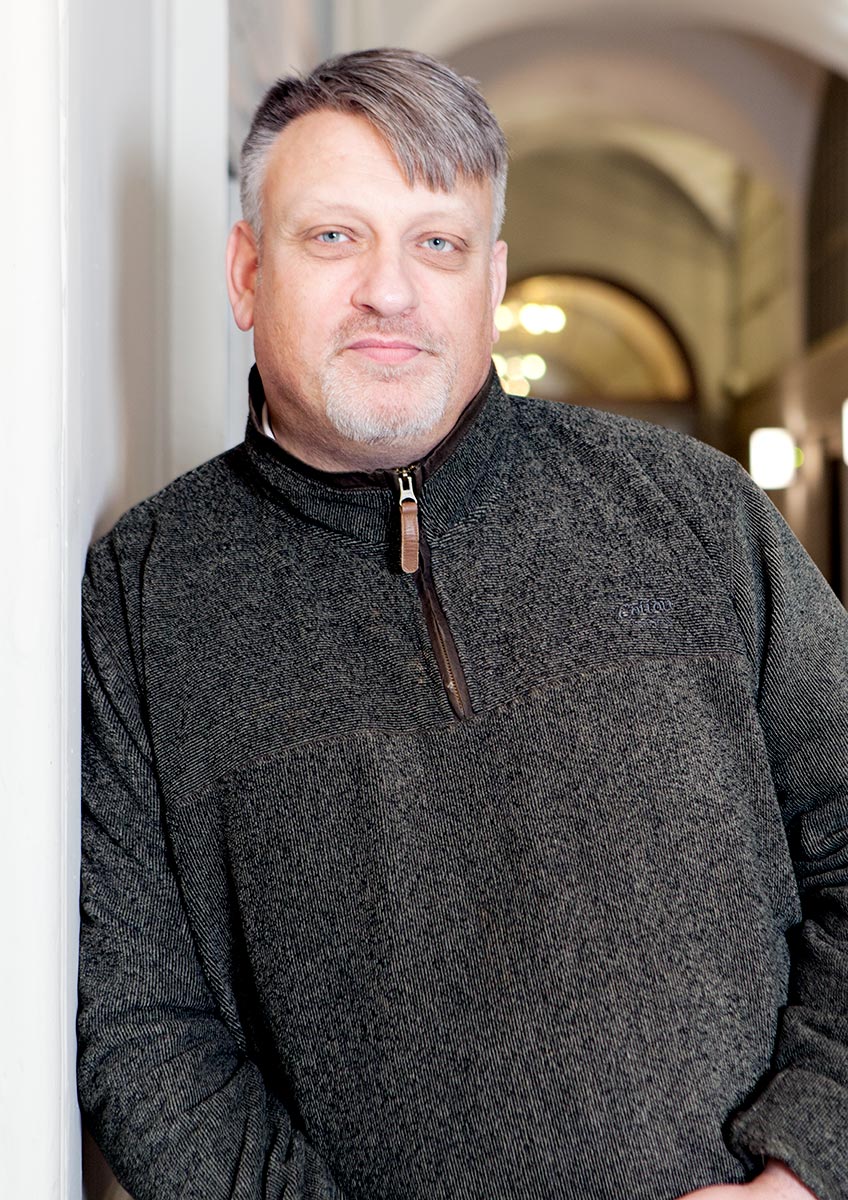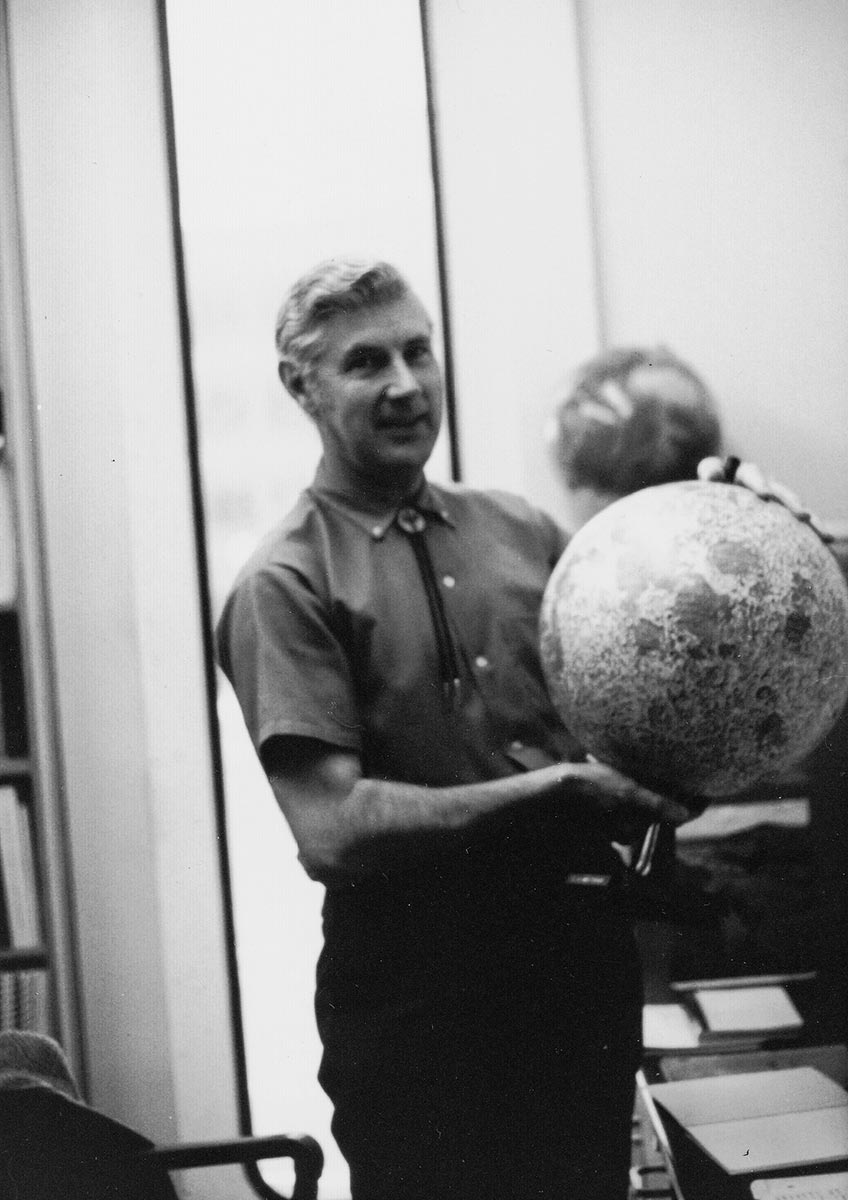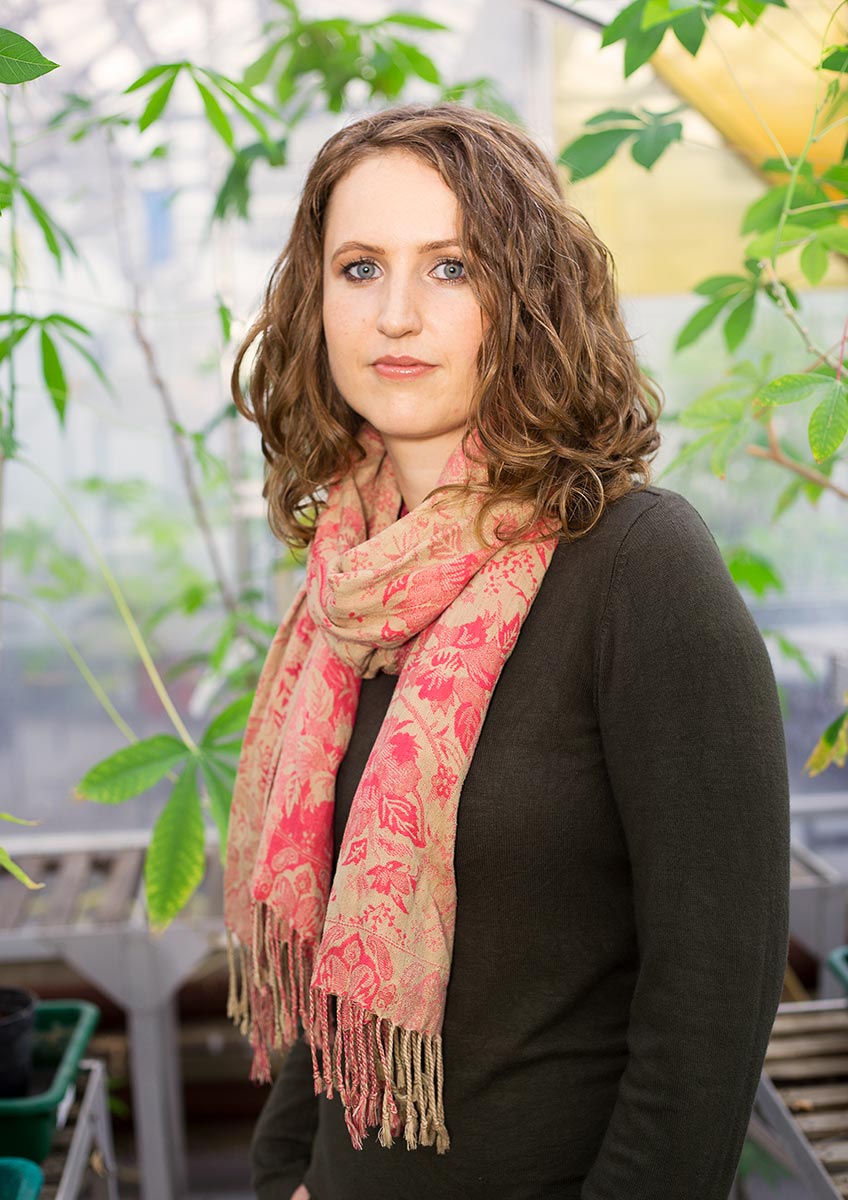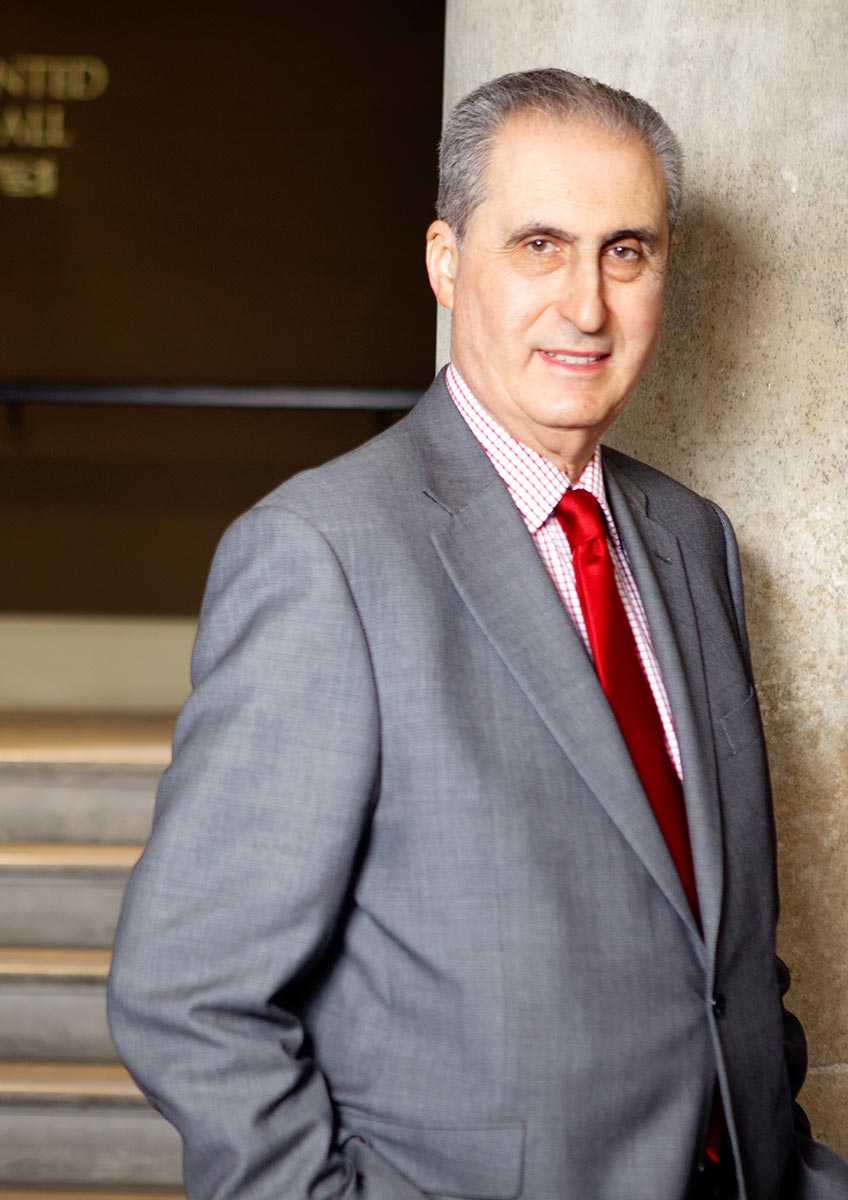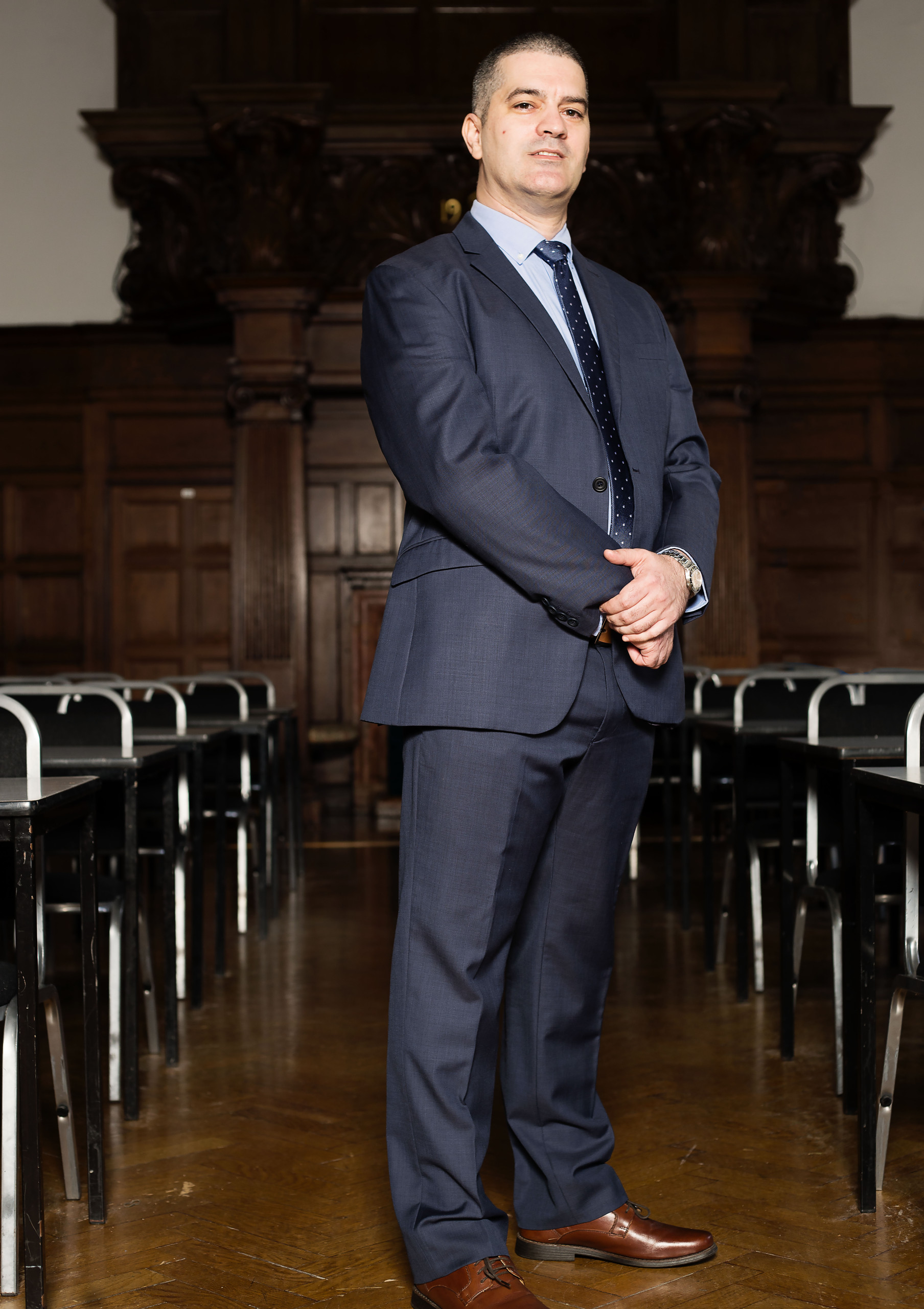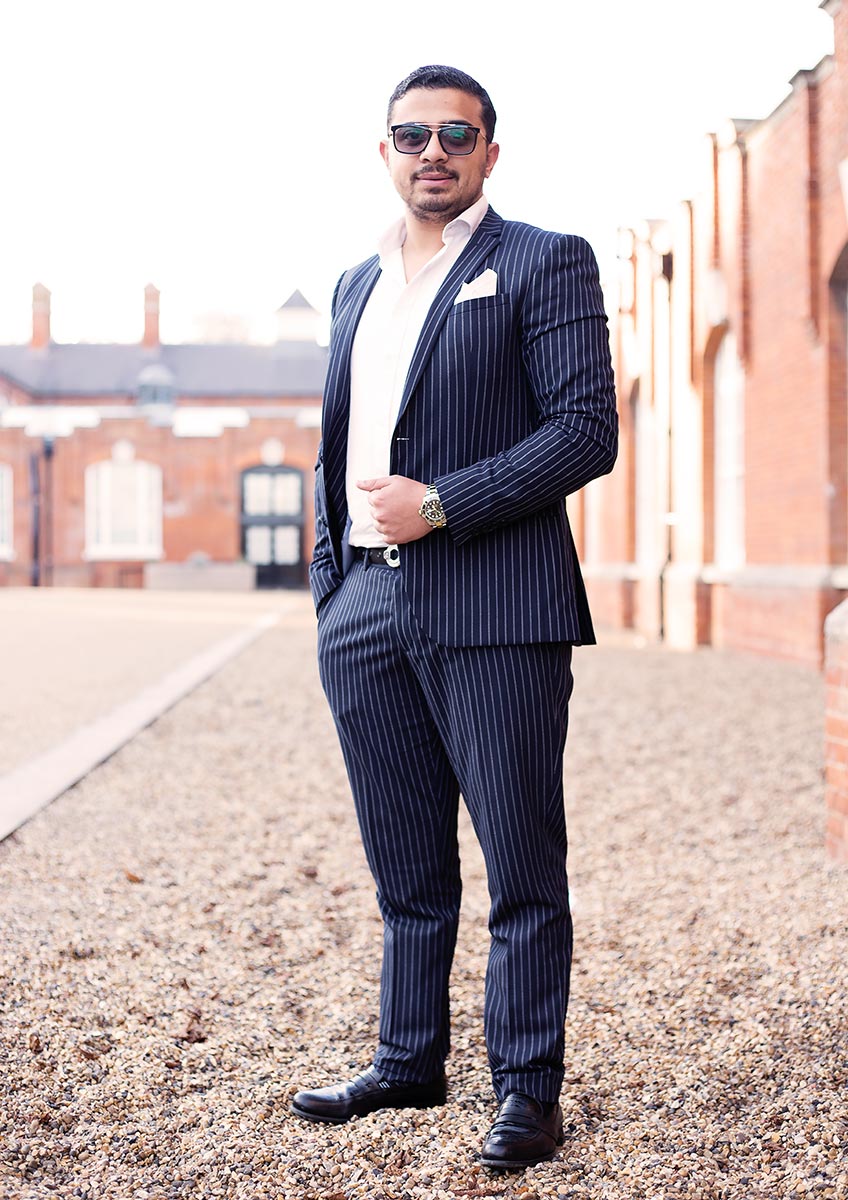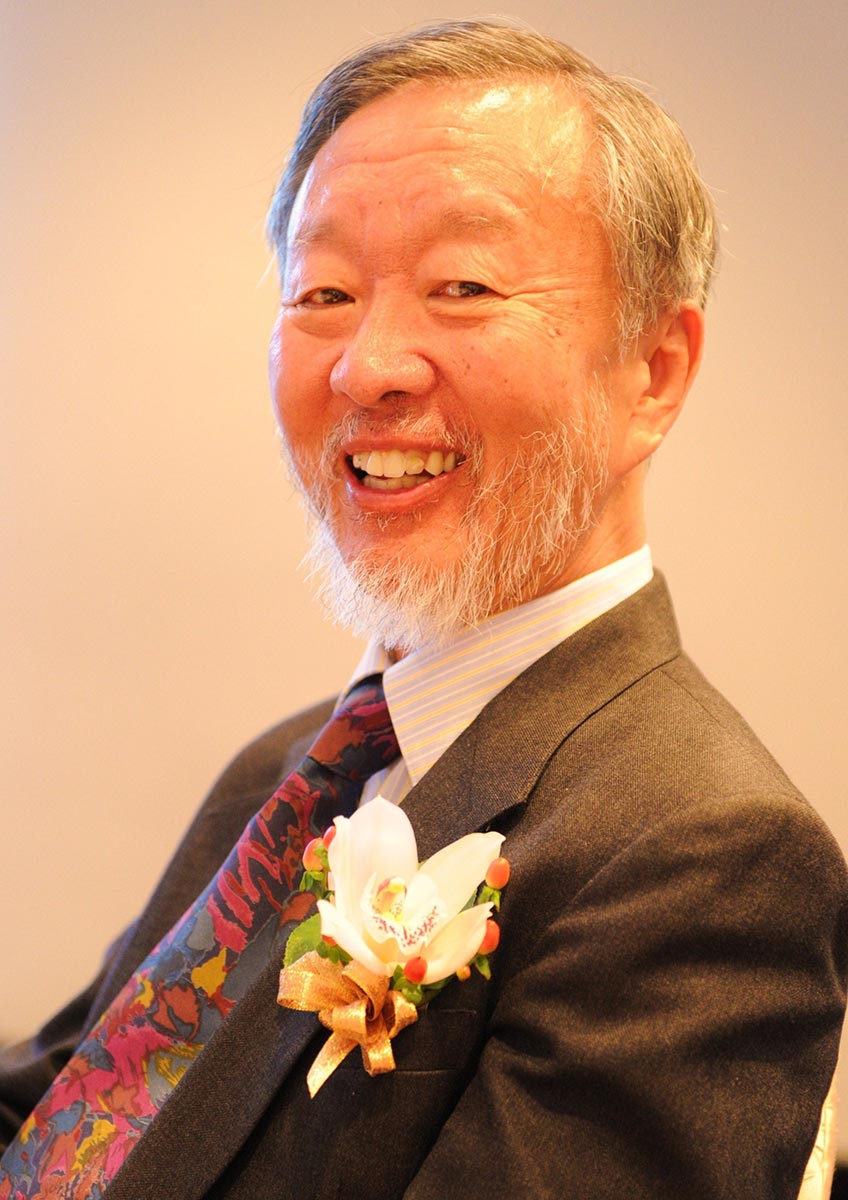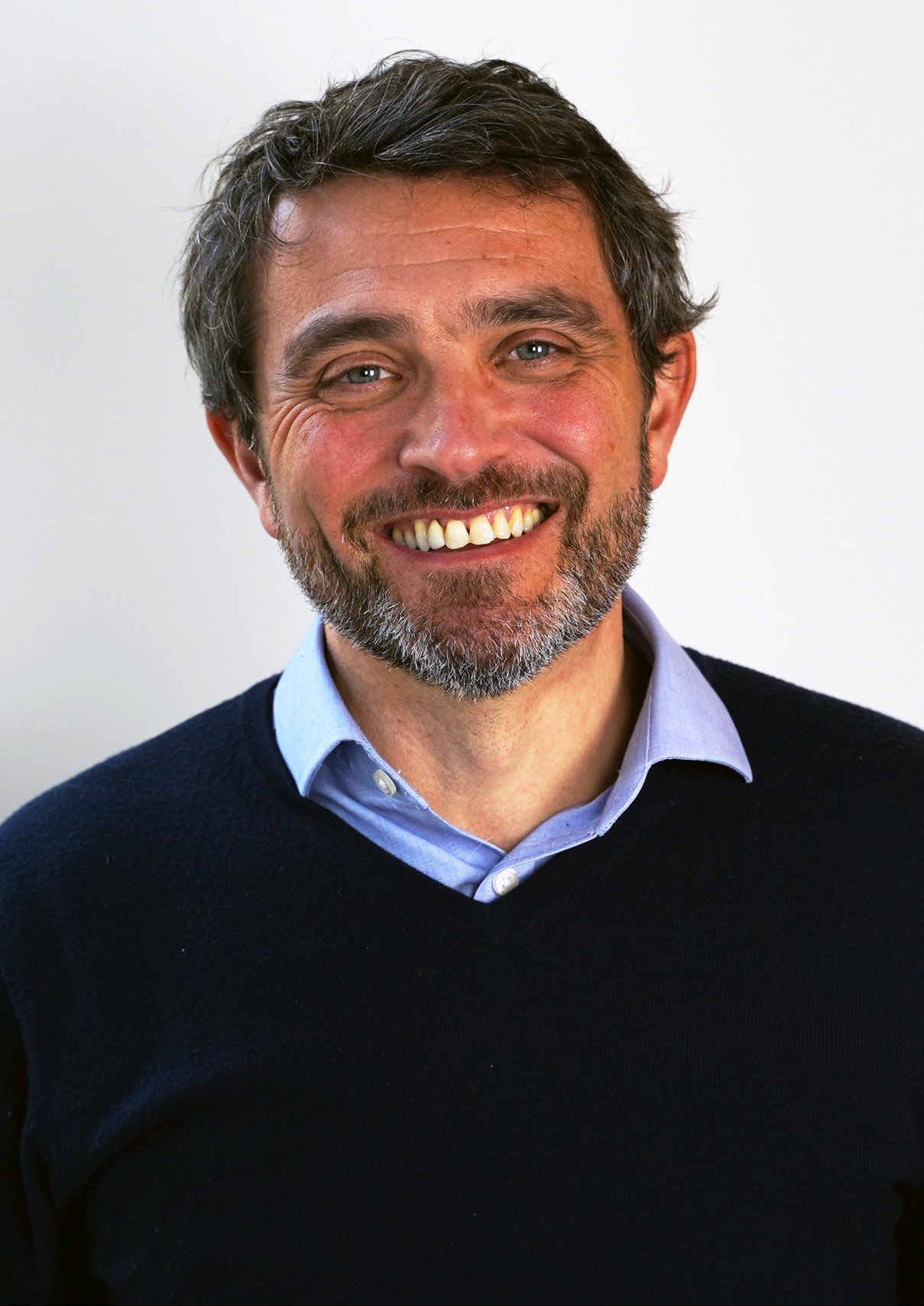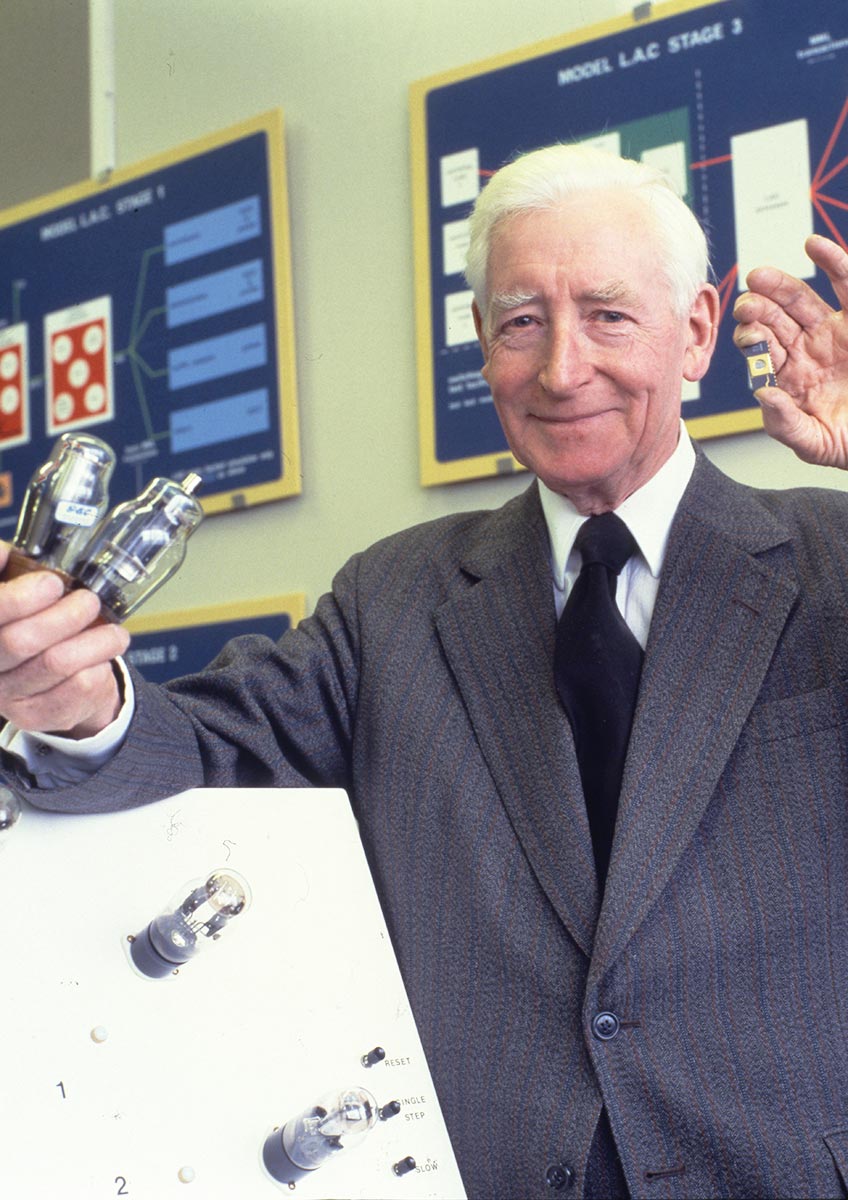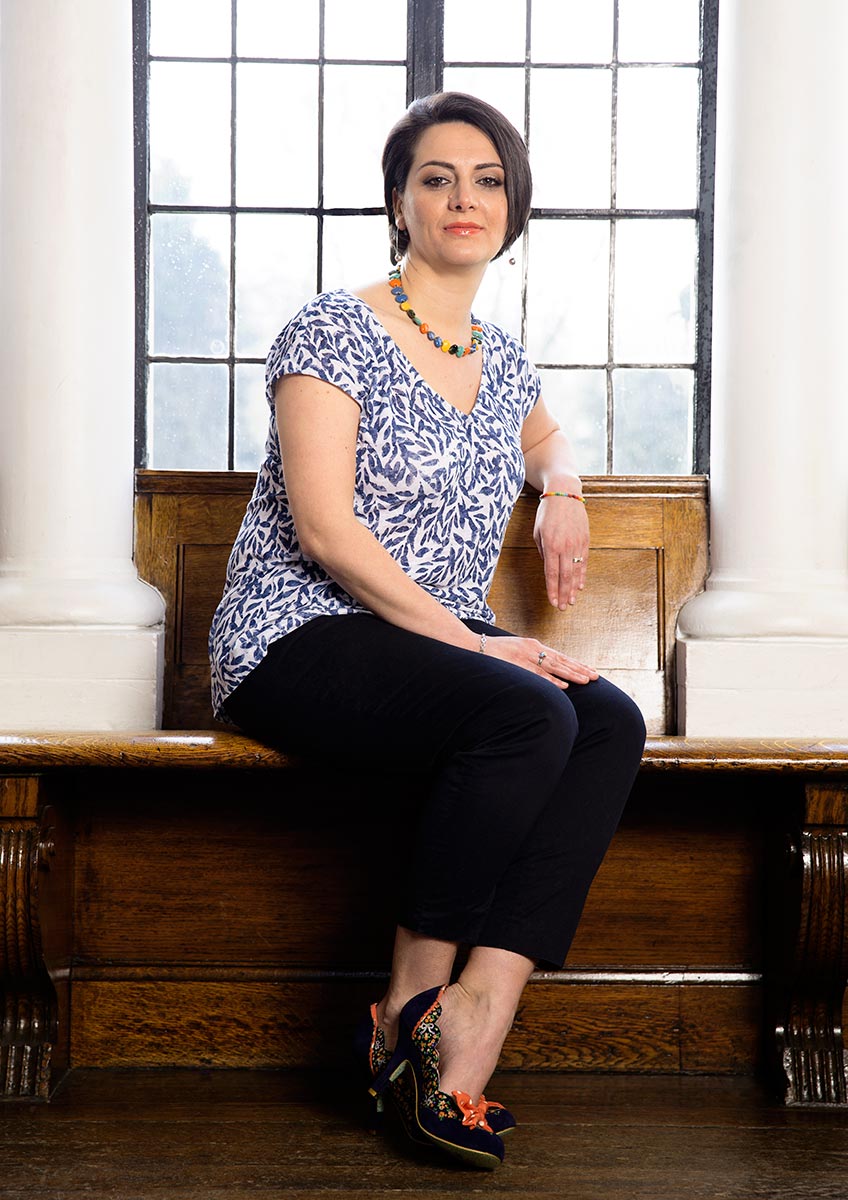Thomas ‘Tommy’ Flowers MBE
(1905-1998)
Intermediate Exam Engineering 1926
COMPUTER PIONEER AND CODEBREAKER
As lead architect behind Bletchley Park’s ‘Colossus’ computer, Tommy Flowers made a vital contribution, not just to the birth of computing but to the end of the Second World War.
Born in east London in 1905, Tommy secured an apprenticeship at the Royal Arsenal in Woolwich, the first step in a career that revolutionised electronic engineering.
In 1922 he enrolled in evening classes at nearby Woolwich Polytechnic, the founding institution of the University of Greenwich. Passing the Intermediate Exam in Engineering in 1926 provided the foundation for his future success, enabling him to gain a degree through the University of London.
During World War Two Tommy was brought into the codebreaking world to work on Alan Turing’s Bombe, a system designed to break Germany’s Enigma codes protecting its top secret communications. However, a more complicated cypher, Lorenz, required a new method to crack its code.
Tommy proposed Colossus and remarkably, in the face of initial scepticism at Bletchley Park, ploughed his own money into the project.
The result was what is now widely regarded as the world’s first electronic programmable computer.
The Mark II design of Colossus entered service in 1944, providing vital intelligence for the D-Day landings. Many historians believe its codebreaking shortened the war by up to two years.
Tommy’s wartime efforts were kept secret for many years after the war and the computers largely dismantled. Unable to persuade the Bank of England to give him a loan to continue his work, Tommy returned to his previous career in telecommunications engineering, going on to pioneer the first fully-electronic telephone exchange.
His invention was finally recognised and celebrated after the Government declassified the information in 1975.
Thomas ‘Tommy’ Flowers MBE
(1905-1998)
Intermediate Exam Engineering 1926
COMPUTER PIONEER AND CODEBREAKER
As lead architect behind Bletchley Park’s ‘Colossus’ computer, Tommy Flowers made a vital contribution, not just to the birth of computing but to the end of the Second World War.
Born in east London in 1905, Tommy secured an apprenticeship at the Royal Arsenal in Woolwich, the first step in a career that revolutionised electronic engineering.
In 1922 he enrolled in evening classes at nearby Woolwich Polytechnic, the founding institution of the University of Greenwich. Passing the Intermediate Exam in Engineering in 1926 provided the foundation for his future success, enabling him to gain a degree through the University of London.
During World War Two Tommy was brought into the codebreaking world to work on Alan Turing’s Bombe, a system designed to break Germany’s Enigma codes protecting its top secret communications. However, a more complicated cypher, Lorenz, required a new method to crack its code.
Tommy proposed Colossus and remarkably, in the face of initial scepticism at Bletchley Park, ploughed his own money into the project.
The result was what is now widely regarded as the world’s first electronic programmable computer.
The Mark II design of Colossus entered service in 1944, providing vital intelligence for the D-Day landings. Many historians believe its codebreaking shortened the war by up to two years.
Tommy’s wartime efforts were kept secret for many years after the war and the computers largely dismantled. Unable to persuade the Bank of England to give him a loan to continue his work, Tommy returned to his previous career in telecommunications engineering, going on to pioneer the first fully-electronic telephone exchange.
His invention was finally recognised and celebrated after the Government declassified the information in 1975.
